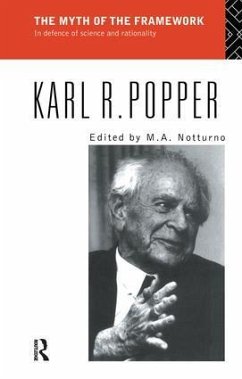
Free Will, Responsibility, and Crime
An Introduction
Versandkostenfrei!
Versandfertig in 1-2 Wochen
140,99 €
inkl. MwSt.
Weitere Ausgaben:

PAYBACK Punkte
70 °P sammeln!
In his book, philosopher and law professor Ken Levy explains why he agrees with most people, but not with most other philosophers, about free will and responsibility.













